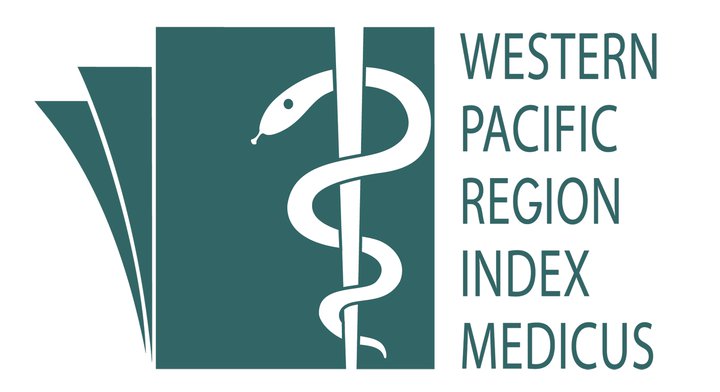Medical Ethics: What You Should Know?
Keywords:
Medical Ethics - ethical conduct – consent.Abstract
Introduction
Medical ethics is a system of moral principles that apply values and judgments to the practice of medicine. As a scholarly discipline, medical ethics encompasses its practical application in clinical settings as well as work on its history, philosophy, theology, and sociology. The medical profession has long subscribed to a body of ethical statements developed primarily for the benefit of the patient. A physician must recognize responsibility to patients first and foremost, as well as to society, to other health professionals, and to self. This paper presents some information regarding medical ethics, including the values and principles of ethical conduct. Later the requirements of consent form is presented to guide the researchers before conducting a study.
References
http://www.med.uottawa.ca/sim/data/Ethics_e.htm.
Code of Medical Ethics. Adopted at the 41st Annual general Meeting. Held on 26th -27th May 2001. The Malaysian Medical Association.
Jones GR. & George JM. 2008. Contemporary Management. Seventh Edition. The McGraw-Hill.
Noble R. 2007. Introduction to Medical Ethics: Medical Ethics in the ‘Global Village’. Centre for Reproductive Ethics and Rights UCL Institute for Women’s Health: London.
http://dictionary.reference.com/browse/ethics.
Collins English Dictionary - Complete & Unabridged 10th Edition 2009 © William Collins Sons & Co. Ltd. 1979, 1986 © HarperCollins Publishers
Steinberg A. 1998. Medical Ethics. Hebrew Edition of the Encyclopedia, Vol. 6, pp. 646-692.
Lakhan SE, Hamlat E, McNamee T, Laird C. 2009. "Time for a unified approach to medical ethics". Philosophy, Ethics, and Humanities in Medicine 4 (3): 13.
National Statement on Ethical Conduct in Human Research. 2007. National Health and Medical Research Council, the Australian Research Council and the Australian Vice-Chancellors’ Committee.
World Medical Association. Declaration of Helisnki: Ethical Principles for Medical Research Involving Human Subjects. Helsinki, Finland: Adopted by the 18th WMA General Assembly, June 1964.
Downloads
Published
How to Cite
Issue
Section
License
IJPHR applies the Creative Commons Attribution (CC BY) license to articles and other works we publish. If you submit your paper for publication by IJPHR, you agree to have the CC BY license applied to your work. Under this Open Access license, you as the author agree that anyone can reuse your article in whole or part for any purpose, for free, even for commercial purposes. Anyone may copy, distribute, or reuse the content as long as the author and original source are properly cited. This facilitates freedom in re-use and also ensures that IJPHR content can be mined without barriers for the needs of research.






